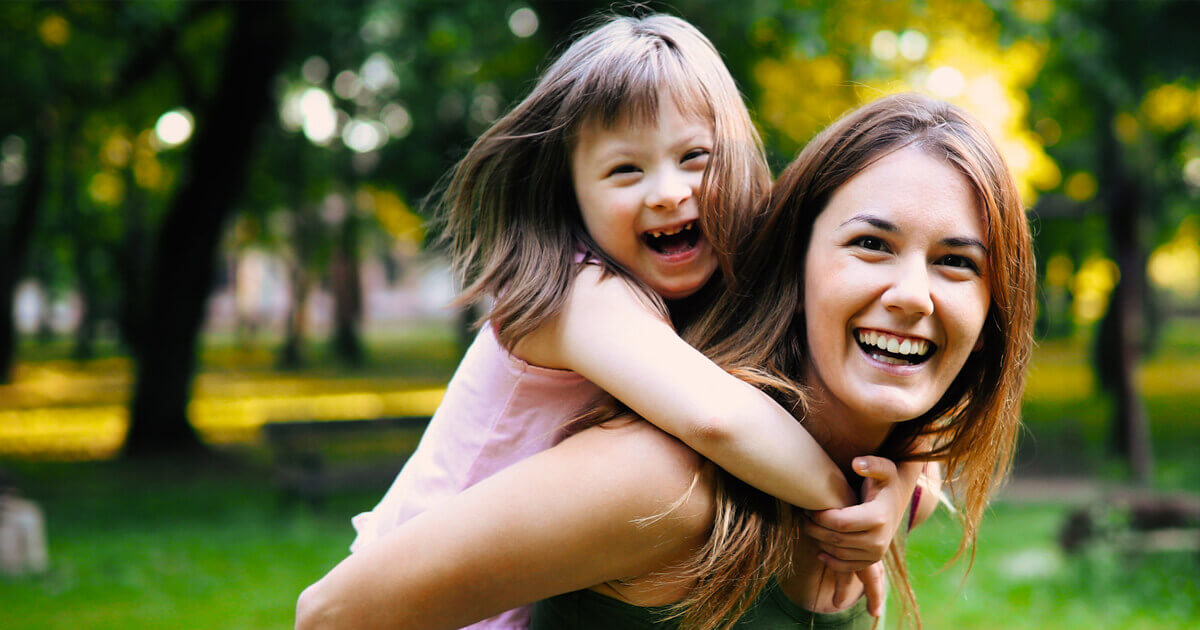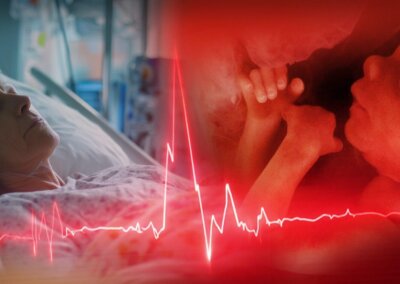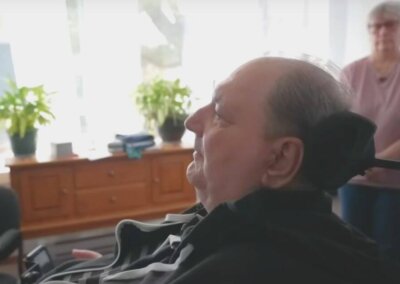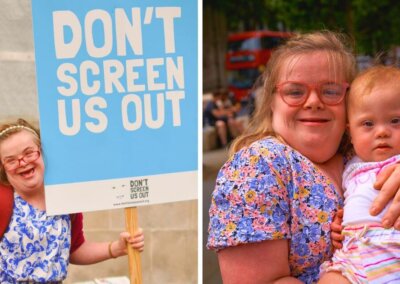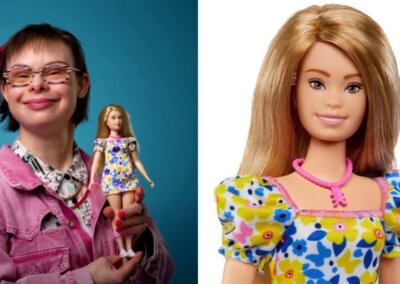Mothers of children with Down’s syndrome have praised the NHS for updating the language in its guidance to provide a more balanced account of those with the condition.
The updated advice could result in less disability-selective abortions as more pregnant women see the unique positive traits that shape children with Down’s syndrome.
Parents had previously criticised advice on NHS websites for its “endless lists of problems, risks and red flags”, urging the NHS to offer a more realistic overview on the condition from those who had first-hand experience.
Campaigners have now thanked for the NHS for amending the advice which wasn’t due to be revised until April.
In its new guide for parents, the NHS website says: “People with Down’s syndrome will have some level of learning disability. This means they’ll have a range of abilities.
“But, like everyone, people with Down’s syndrome have their own personalities, things they like and dislike and things that make them who they are.”
Prior to the change, the website focused a large part of its advice on the health conditions associated with Down’s Syndrome. It failed, however, to show that people with Down’s Syndrome can live a happy and prosperous life.
Another key area which was revamped was the section on screening for Down’s syndrome during pregnancy.
The page now has a bold yellow box with the words: “Important. It’s your choice whether or not to have any screening tests.”
Whereas previously, the guidance said: “If these tests show that your baby has Down’s syndrome, you and your baby’s other parent will be offered counselling so you can talk about what this means.”
“You may also be offered an appointment to meet a doctor or other health professional who works with children with Down’s syndrome.”
Screening tests for Down’s syndrome are offered to pregnant women at around 11 to 14 weeks of their pregnancy. While the tests cannot tell for certain if the baby has the syndrome, they can reveal how likely it is.
Parents then, if they wish, can have further tests to find out for certain if their baby has Down’s syndrome.
In England & Wales, government statistics show that where Down’s syndrome has been discovered in prenatal screening over 90% choose to abort the child.
British actress Sally Phillips, whose 15-year-old son has Down’s syndrome told MailOnline: “Myself, and many other members of the Down’s syndrome community, are absolutely thrilled with the updated information.
“The words are balanced, impartial, non-judgmental and thoughtfully written. It is so refreshing not to be immediately presented with a list of every single ‘problem’ or ‘challenge’ that you may (or most likely not) face.
“A link to real lived experience is perfect, as well as reminding the reader that people with Downs syndrome are individuals, shaped by their families and experience, just like anyone.
“When my son was born 11 years ago, I was presented with a very bleak future of unknowns and it made me see him as ‘Down’s syndrome’ instead of the beautiful baby he still was. It was very dehumanising.”
Carol Boys, chief executive of the Down’s Syndrome Association, added: “We were delighted to have been working with NHS Digital over the last few months to update their information about Down’s syndrome.
“We put a tremendous amount of work into making sure the new resources are balanced, accurate and use the correct terminology.
“We have been very encouraged by the way in which NHS Digital has taken advice and consulted with us, and others across the community.
“They have spoken to individuals with Down’s syndrome and their families, and we feel the new resource captures the ‘lived experience’ very effectively and will undoubtedly be well used by anyone looking for good quality, up-to-date and balanced information.
“We are also pleased to be referenced as an organisation that can provide additional information, advocacy and support at all stages of life.”
The change in guidance is a welcome move but the Down’s syndrome community highlight there is still work to be done.
New research from Positive about Down syndrome revealed pregnant mothers who refuse to abort their children with Down’s syndrome are being pressured by some medical professionals to change their decision.
One mother, whose child is now three-years-old, said medical professionals told her they could leave her baby with Down’s syndrome to die if it was struggling after birth.
Another mum told how even at 38 weeks into her pregnancy she was being offered an abortion.
Disability advocacy group Don’t Screen Us Out are calling on the Government to urgently clarify that abortion for Down’s syndrome will not be introduced to Northern Ireland, after a newly launched consultation on abortion in the province suggested disability-selective abortion will be available, for any reason, up to birth.


